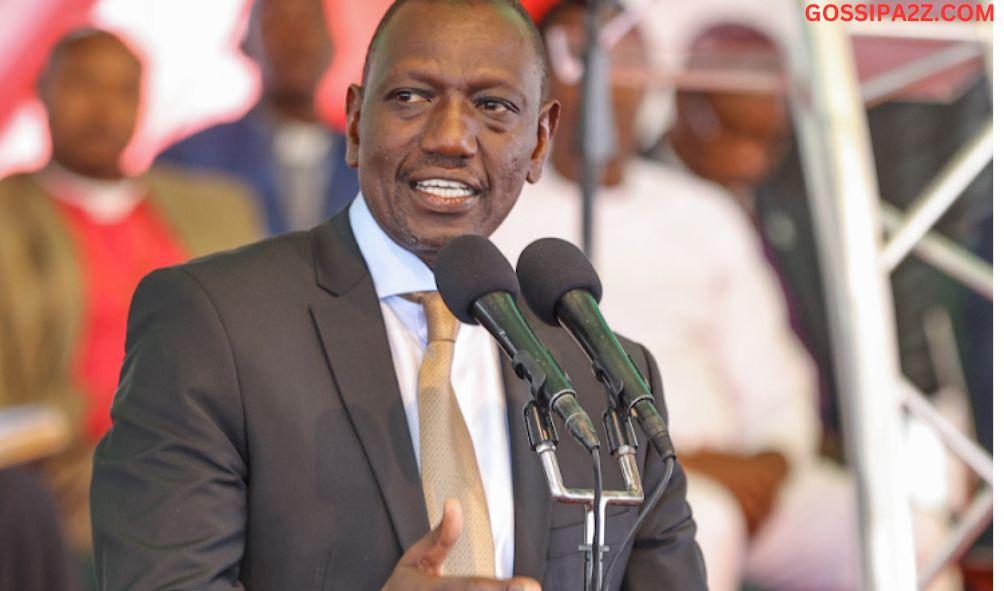Ruto’s ICC Immunity Pact Explained By Govt
Foreign Affairs Principal Secretary, Korir Sing’Oei, has denied the claims stating that President William Ruto entered into an agreement providing him with protection from prosecution at the International Criminal Court (ICC).
Sing’Oei made it clear in a statement that Kenya’s signature was specifically on the Constitutive Act of the African Union, the document that formed the basis for creating the Pan-African Parliament.
Different civil organizations, including the Kenya Human Rights Commission (KHRC), have asserted that the protocol will set up a regional court responsible for adjudicating criminal cases involving African leaders, such as presidents.
Other serving state officials were also said to be protected from prosecution at the ICC.
“Kenya signed Protocol to the Constitutive Act of the African Union on the Pan-African Parliament on 16 July 2023. The Protocol establishes the Pan-African Parliament. Kenya has not signed the Protocol to the African Court of Justice as alleged,” he clarified.
The Ministry’s reply followed backlash from civil organizations, which expressed sorrow that endorsing the protocol took a step back in holding African leaders and high-ranking government representatives responsible for their deeds.
ALSO READ: Ruto Grants Self ICC Immunity
Specifically, various civic organizations questioned whether the intended court would operate autonomously, free from any influence by the leaders who founded it.
“Malabo protocol presents a complex situation regarding how Kenya would take someone to be tried at the ICC, and more importantly, how victims and survivors will pursue justice and reparations for international crimes.
“Ruto’s signing and the looming ratification of Malabo Protocol is a continuation of Kenya’s campaign to defeat international justice mechanisms, specifically, the ICC” read part of the statement by KHRC and Muslims for Human Rights (MUHURI).
Kenya has endorsed the Rome Statute, which created the International Criminal Court (ICC) responsible for adjudicating matters concerning war crimes, acts against humanity, and genocide.
By Article 127 of the statute, a member country has the sole ability to exit the statute by composing a letter directed to the Secretary-General of the United Nations.
Withdrawal takes effect a year after the letter is written.
In the scenario where Kenya decides to pull out from the Statute, ongoing cases initiated before the withdrawal will persist unaffected.
Ruto’s ICC Immunity Pact Explained By Govt
